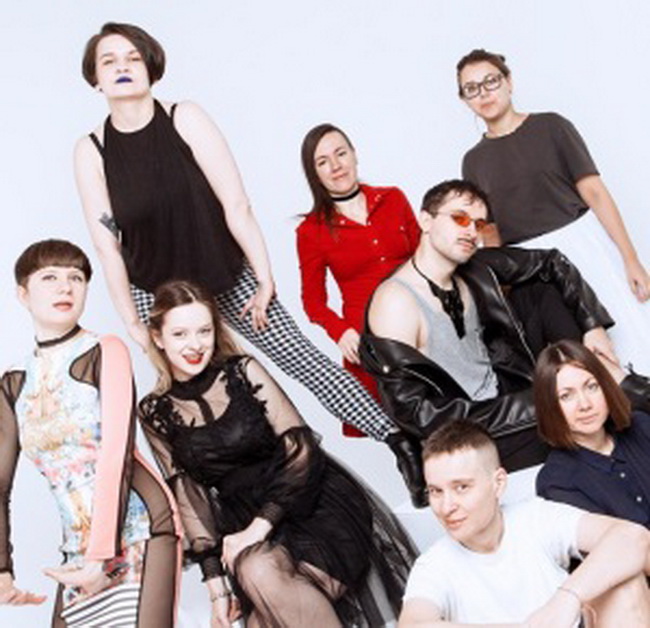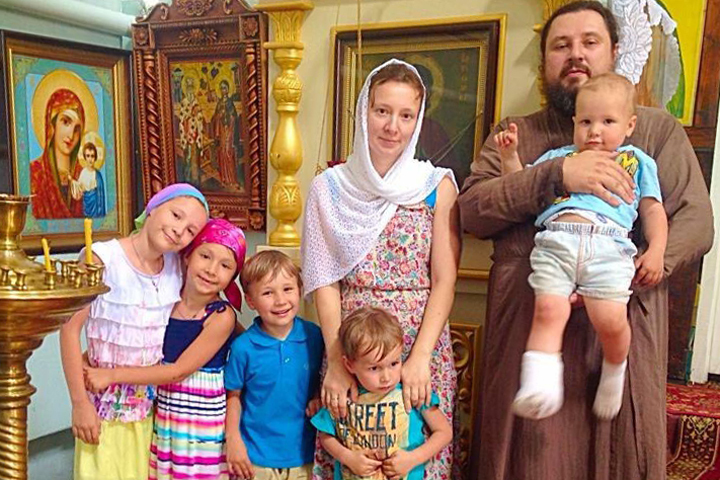
Is anyone here alive? This is where Belarusian LGBT initiatives ended up by the beginning of 2023
The war in Ukraine, political repression, economic crisis, increasing homo- and transphobia. J4T conducted a roll call and found out how Belarusian initiatives to protect the rights of LGBT and other vulnerable groups survive (or not) in these conditions.
Andrei Zavalei, Delo Pi_
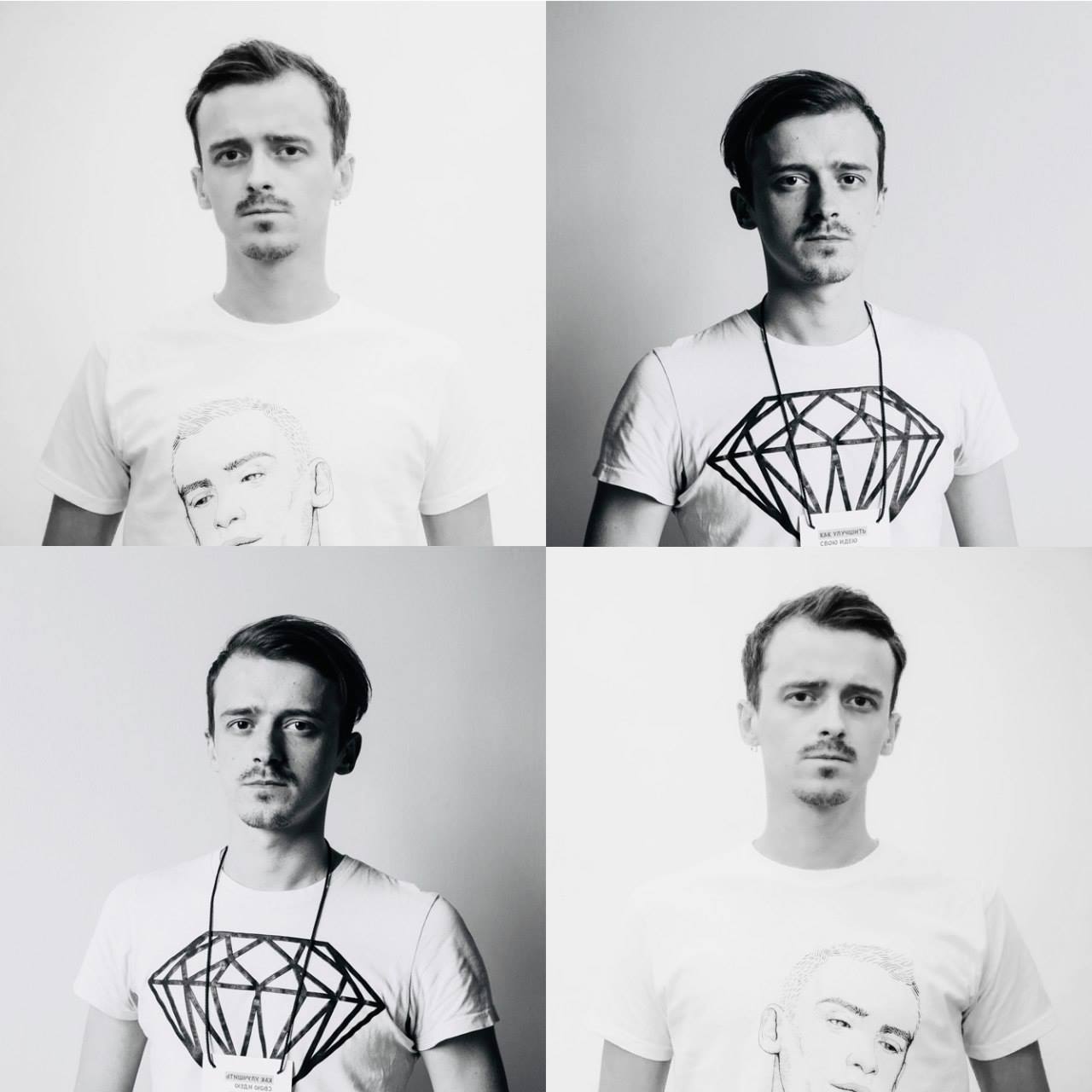
Recently, we played the premiere of a large-scale project — a play based on the trial of the murderer of Mikhail Pischevsky (Pishcheuski), whose story has become for the LGBTQ community of Belarus a symbol of our pain, disenfranchisement and oppression.
We have shown the play in Berlin and Dresden, and we are planning the life of the play for the near future.
Like many other LGBT initiatives that have left Belarus, we continue our work and are looking for ways to solve the problems that our community is facing.
Alice, TG House — mutual aid for trans people
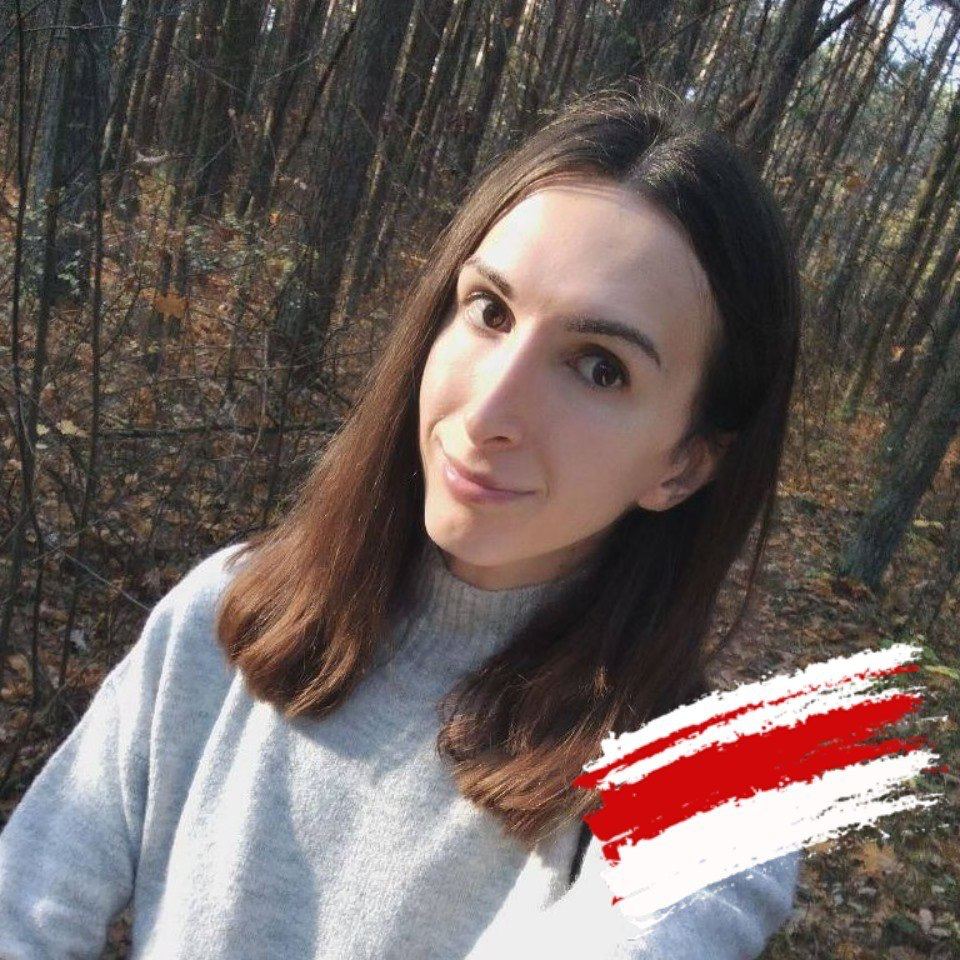
photo from Alice’s archive
Due to repression and increasing transphobia, we had to go underground, now we are betting on targeted assistance to people. The coordinator of support programs for trans people is physically located in Poland, the rest of the activists are in Belarus.
2022 in numbers. TG House https://tghouse.org helped two trans activists get visas to Poland, helped with moving and housing. Now these people rent rooms themselves and work. Thanks to the consultations of our organization, 7 persons have applied for political asylum in Poland and Germany.
In Belarus, 12 persons received food aid, and we helped another 5 Belarusians to compensate for the costs of hormonal drugs.
This became possible thanks to cooperation with international trans organizations.
Artur Kamarouski, civic cultural and queer initiative
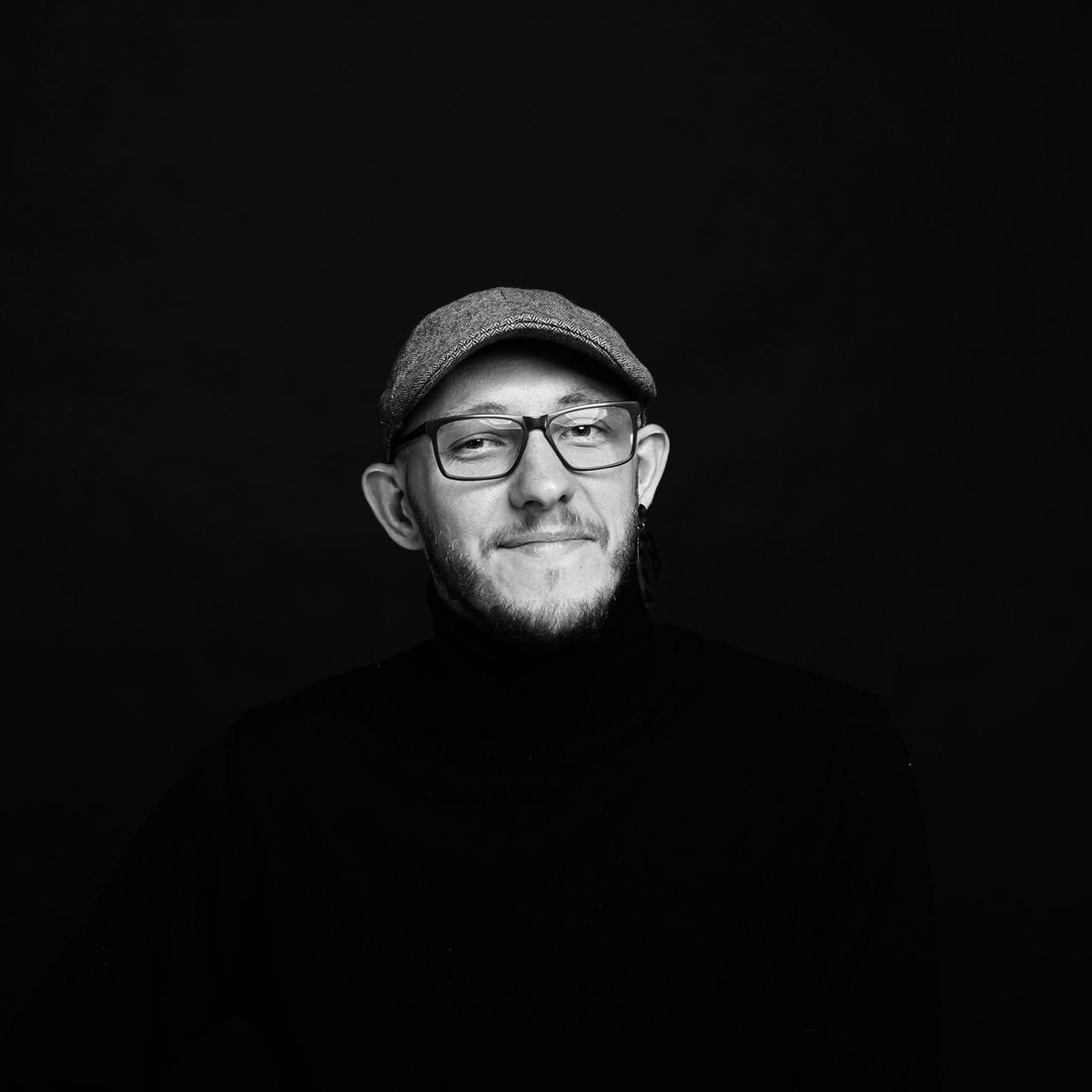
On the one hand, we managed not to fall apart, since falling apart in our conditions is quite simple.
On the other hand, from what we wanted to do, we were able to implement a little. Members of our initiative are in different places. Part of the team remains in Belarus, so we are constantly adjusting our activities for safety.
In 2022, we managed to hold several master classes and record a new season of the podcast. We focus on online, educational content.
I would like to produce more art, but due to the circumstances, it is still difficult.
However, we do not plan to stop altogether and take a break. It is important for us to have at least a few initiatives, including within the country.
After all, there are people in Belarus who need our support. It is they who are to be the focus of our work.
MAKEOUT
In 2021-2022, the organization disappeared.
Aleh Razhkou, J4T — Journalists for Tolerance
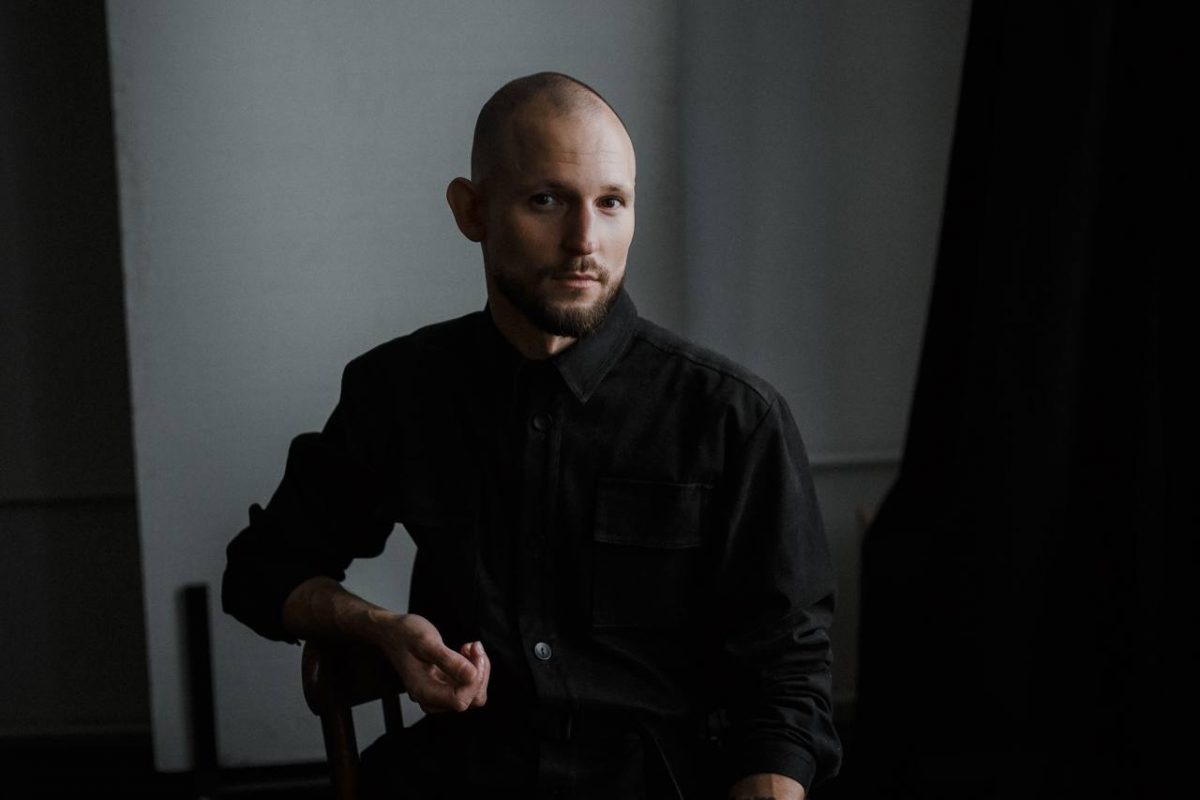
Even though the year was full of challenges, our organization continued to work in the main strategic areas, and even added some activities as a response to challenges.
Most of the team was relocated from Belarus. And it became harder to work. Work, networking, communications had to be transferred online completely. Many team members have additional projects and jobs because the standard of living and costs in the relocation countries are higher than in Belarus. And now we are not only thinking about the tasks of the organization, but also solving issues of personal safety, economic security, and sustainability. And this, of course, affects the speed of communication and the amount of work that we can do in the organization.
Many team members acquire additional competencies and work experience in other NGOs. This improves the quality of both the product and the events that we organize.
Despite these challenges, I believe that J4T continues to operate quite effectively.
In 2022, we held our traditional events, for example, the 12th Tolerance School for Journalists. It was held in Georgia in 2022. We have carried out monitoring of the hate speech in the Belarusian media in relation to LGBTQ+, we will soon publish its results. We held the annual J4T Awards 2022 in three categories: the best material on anti-discrimination topics, Person of the Year and Editorial Board of the Year. We also held a series of retreats for media workers in Georgia to help the media community continue working during difficult eventful times and in conditions of the toxicity of the information that must be processed.
In addition to our traditional areas — inclusive journalism, social journalism — this year, together with IBB Dortmund, we conducted a course on conflict sensitive journalism. It was a response to the challenges faced by the media community. Now many Belarusian journalists are actively covering the war in Ukraine, and this requires new skills. Our team tries to get involved and help in finding answers and effective solutions.
In wartime, there is an increased demand from NGOs and the media on how to work with hostile language. We are now seeing how the rhetoric is changing in both Russian and Ukrainian media. I am talking not only about propaganda, but also about independent media, especially about social networks. All signs of hate speech are now appearing in social networks, moreover, of hate speech, prohibited by international law. This is predictable: in wartime, a representative of the aggressor country is perceived as an enemy. Very rarely there is a differentiation between Russian citizens, ethnic Russians and actors of the Kremlin policy. These concepts are often mixed, techniques of dehumanization, dehumanization of both representatives of the enemy army and citizens of a particular country are used. This is happening in both Ukrainian and Russian media. How objectively, neutrally, without inciting conflict, to cover armed hostilities is a big challenge.
There is a request for an inclusive language. NGOs are asking us to conduct trainings on how to work with different vulnerable groups, including how to communicate carefully and safely with victims of torture or armed conflicts. And we will do our best to increase our internal expertise to satisfy such request.
Author Tatsiana Bublikava

